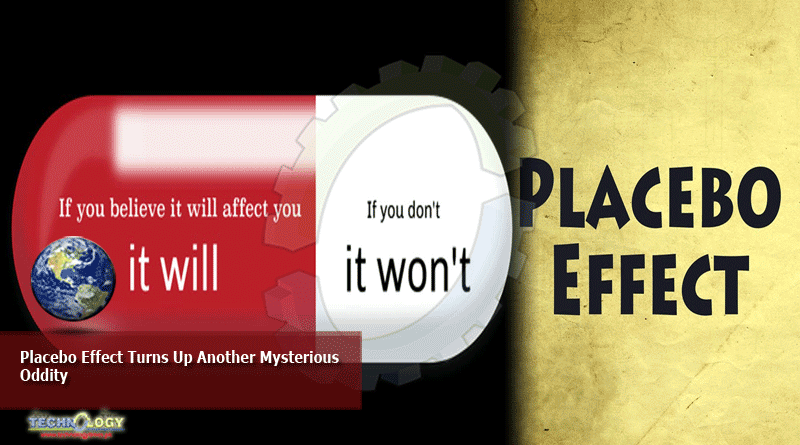New research exploring the strange boundaries of the Placebo effect has turned up another mysterious oddity

Placebo have the power to reduce neural markers of emotional distress, even in cases where people have been told in advance they’re only taking a placebo, and not an active drug.
It’s a result the researchers claim may be a first-of-its-kind demonstration of a ‘non-deceptive’ placebo conferring genuine, measurable psychobiological changes – not just self-reported benefits or behavioural outcomes.
But hang on a second: what’s a non-deceptive placebo? Well, in traditional research involving placebos, people in experiments who are given placebos are never told they’re actually taking an inert substance.
Nonetheless, their false belief that they might have taken an active substance of some kind – such as a medicinal chemical – is what’s thought to trigger the placebo effect: a kind of ‘mind over matter’ response that seems to induce physiological benefits, even where none should otherwise be felt.
One problem, however, is ethics: is it wrong to mislead people, fooling them into thinking they’re getting the real drug when they’re not? This moral quandary has led to new research endeavours that use non-deceptive placebos.
When researchers conduct experiments involving non-deceptive placebos, participants are clearly informed in advance that they’ll only be given a placebo, but may also be told how placebos and the placebo effect can in certain circumstances deliver beneficial physiological outcomes, even in the absence of actual medication.
That knowledge – and people’s belief and expectation that placebos may work for them – seems to be enough to trigger the placebo effect all on its own, and all without breaching any ethical boundaries.
That somewhat surprising phenomenon is something we might be able to exploit in real-world health treatments, researchers say.
“What if someone took a side-effect free sugar pill twice a day after going through a short convincing video on the power of placebos and experienced reduced stress as a result?” says lead researcher and psychologist Darwin Guevarra from Michigan State University (MSU).
“These results raise that possibility.”
In their new study, Guevarra and his team conducted experiments in which people had to watch a series of confronting images designed to elicit a negative emotional response.
In the experiments, half the randomised group were told they would be given a placebo (a nasal spray consisting of saline solution and no active ingredients). They were also informed about the placebo effect and how it can have an effect even in cases involving non-deceptive placebos.
In addition, they were told that the nasal spray, even though it was a placebo, would help reduce negative emotional reactions to distressing images, if they believed that it would. These were the non-deceptive placebo groups.
By contrast, participants in the control groups for the experiments were not told anything about placebos or the placebo effect, and were simply told that the saline spray was used for improving the clarity of physiological readings in the experiments.
Two experiments were conducted, and were essentially similar, except in the first experiment (involving 62 people), the participants reported on how they felt after taking the saline spray and watching the images, whereas in the second experiment (with 198 people), the participants had their brain activity monitored via EEG while seeing the images.
In the first experiment, the results showed that the participants’ who took the placebo self-reported lower levels of emotional distress than the control group participants.
In the second experiment, involving EEG, the non-deceptive placebo also seemed to deliver, producing evidence of a significant reduction in a neural biomarker of emotional distress, denoted by an effect on sustained late positive potential (LPP) amplitude in brain waves.
The second experiment’s result in particular is noteworthy, the researchers say, because while other studies have shown self-reported benefits from non-deceptive placebos, as well as one study that looked at objective behavioural outcomes, identifying an actual neural biomarker of the reduced emotional distress hasn’t been done before.
“This finding provides initial support that non-deceptive placebos, at least in the domain of emotional distress, are not merely a product of response bias, but represent genuine psychobiological effects,” the researchers write in their paper.
There’s a lot more research to be done before psychologists will be able to turn these results into practical, safe, and proven treatments that can be administered to patients – but one day, they just might, the team says.
“Non-deceptive placebos were born so that you could possibly use them in routine practice,” says co-author and MSU psychologist Jason Moser.
“So rather than prescribing a host of medications to help a patient, you could give them a placebo, tell them it can help them and chances are, if they believe it can, then it will.”
This news was originally published at sciencealert.com
